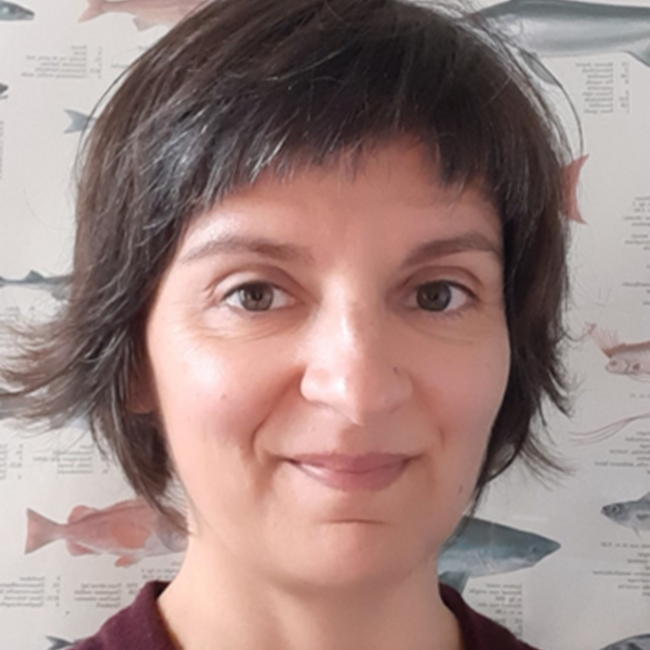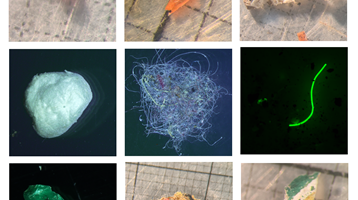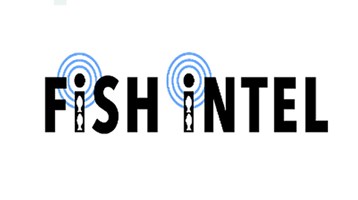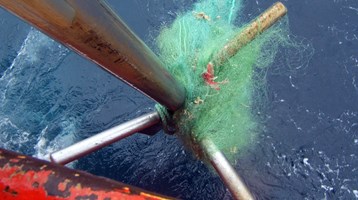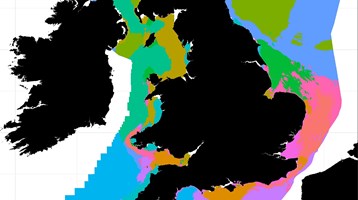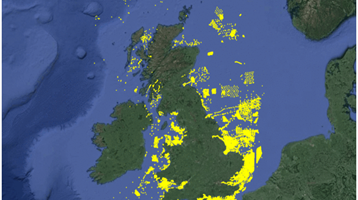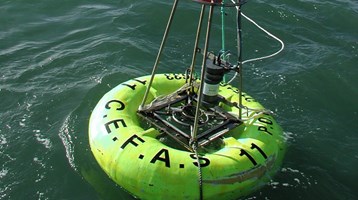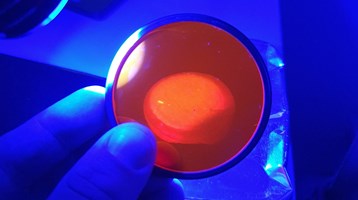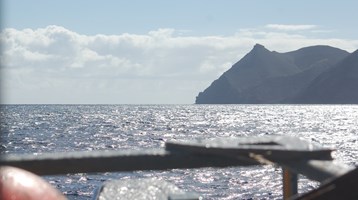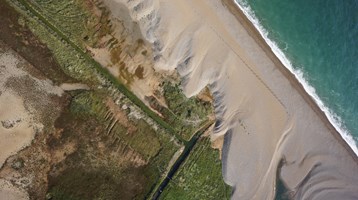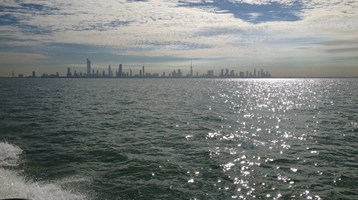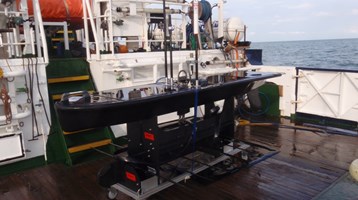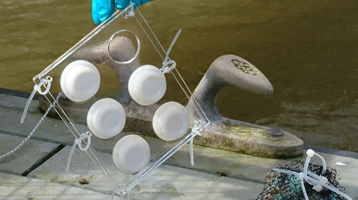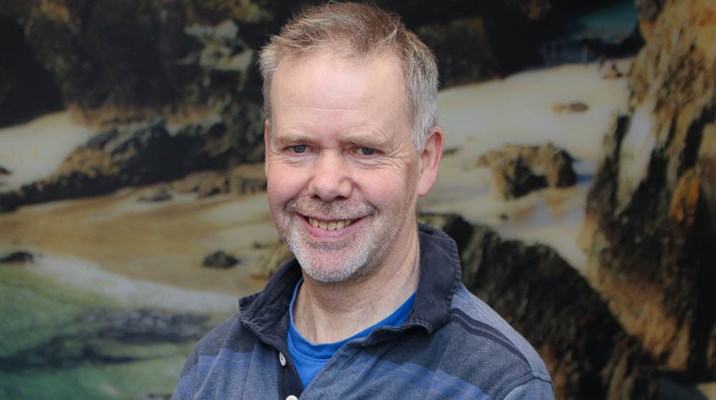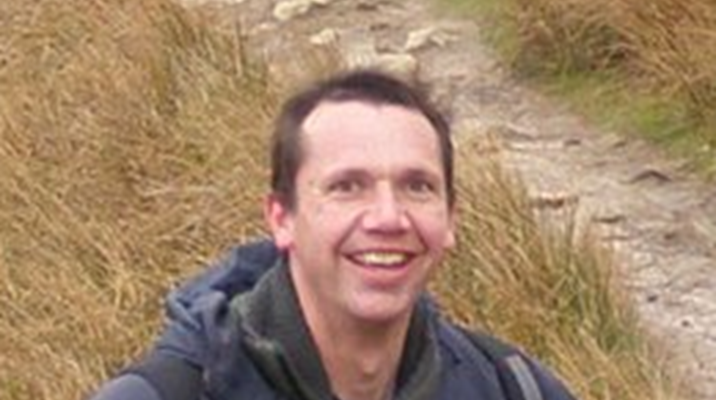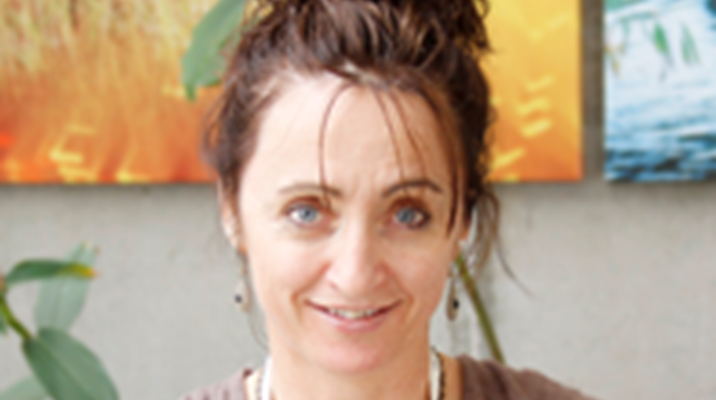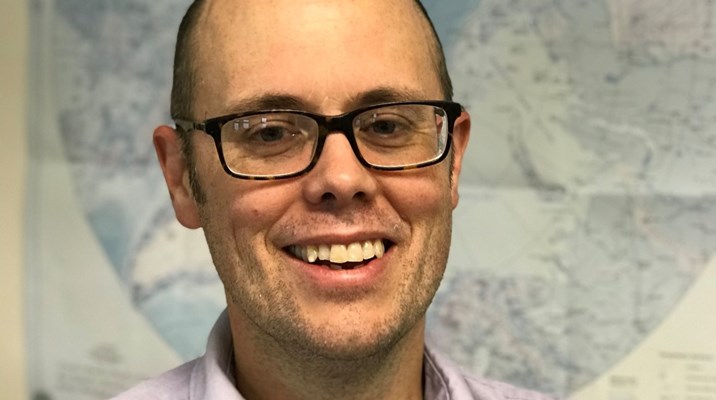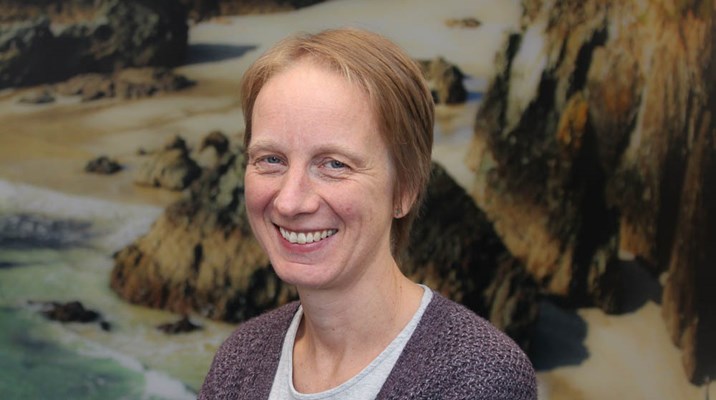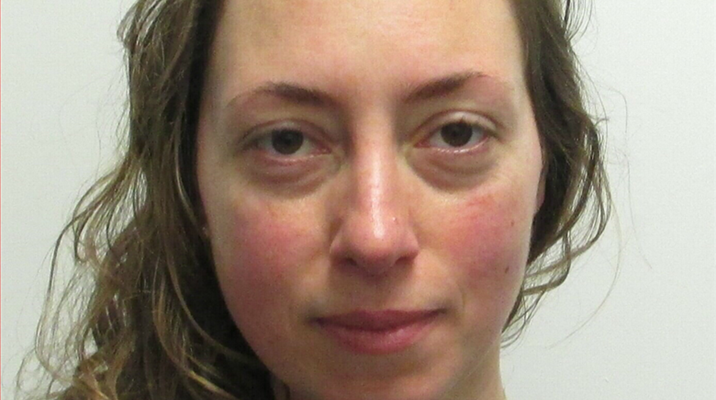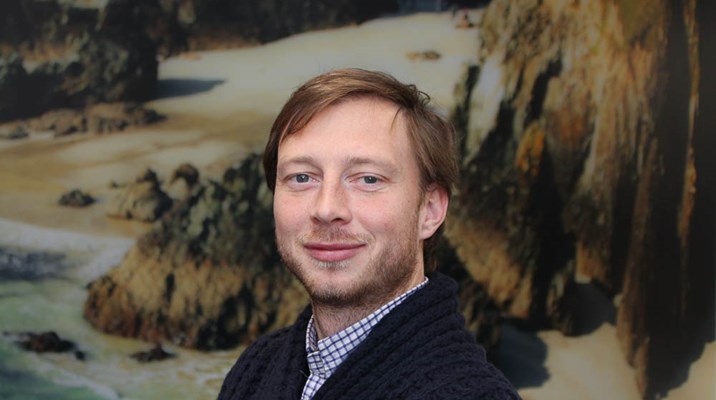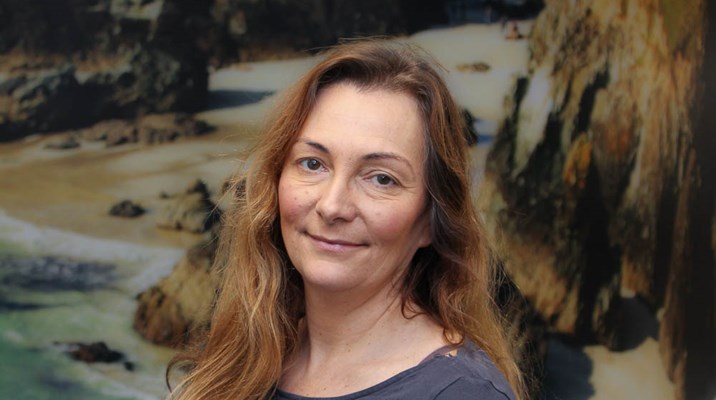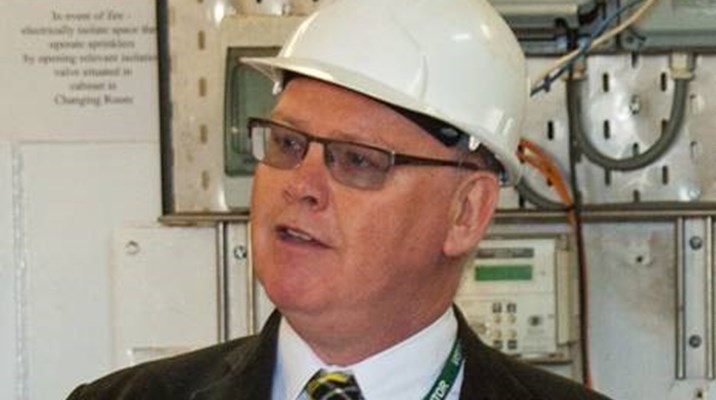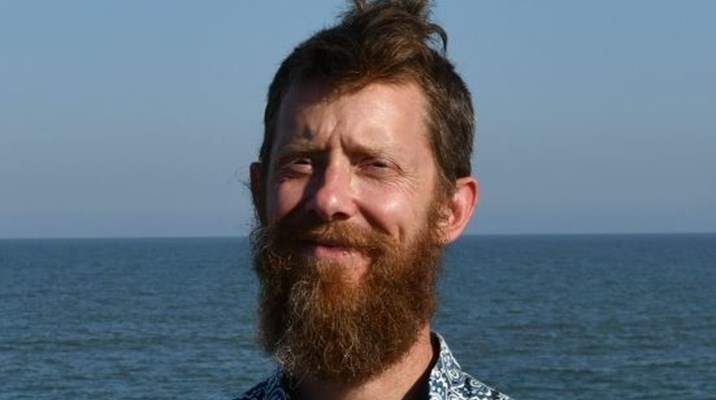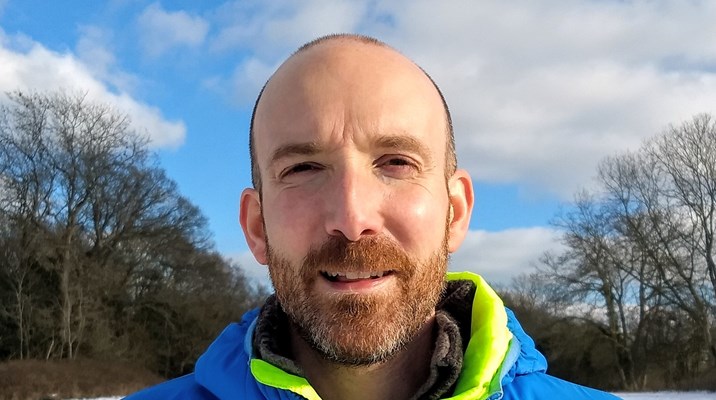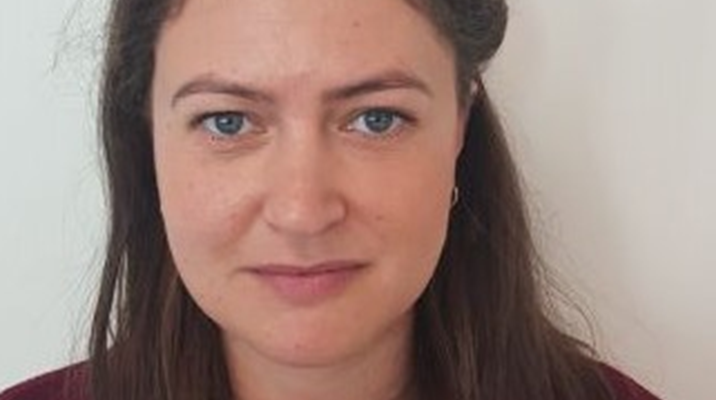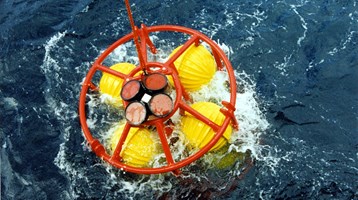Dr Marta Assunção
Senior Scientist, Ecotoxicologist
Marta's current research interests include the assessment of biological effects of contaminants in aquatic organism, with emphasis on biomarkers, and developing non-lethal tools to assess contaminant load in fish species. Her work supports the UK monitoring programmes and the UK indicator assessments towards Good Environment Status (UK Marine Strategy).
Marta is a biologist and ecotoxicologist with over 20 years’ experience assessing the impacts of anthropogenic and environmental pressures (such as contaminants, land use changes and climate change) in freshwater/diadromous and marine fish. She obtained a Biology degree from the University of Porto (5 year licenciatura), which was followed by a MSc in Marine Sciences (University of Porto) and a PhD in Ecology and Conservation (University of East Anglia), both funded by the Portuguese Foundation for Science and Technology (FCT). Since joining Cefas in 2008 Marta has won, managed and delivered small and large R&D projects; from desk-based studies to significant experimental programmes, working as principal investigator. From 2008 to 2018 she was a Freshwater Fisheries Scientist part of the Salmon and Freshwater team, leading scientific projects underpinning scientific advice on anthropogenic pressures to freshwater/diadromous fish to the UK government and agencies. Some examples include, prioritizing the management of salmonids in freshwater based on relative impact of human pressures, and analysing the impacts of contaminants and temperature on freshwater fish populations. She also took on the role of team leader (2014-1016).
From 2018 Marta joined the Ecotoxicology and Chemical Risk Assessment (ECORA) team, and she is currently leading Cefas work on biomarkers of contaminant exposure/effect carried out by this team. She is advancing research work on biomarkers, as part of UK monitoring programmes such as the Clean Seas Environmental Monitoring Program (CSEMP) and H4 Chemical Exposure Indicator (part of Defra 25 year Environment Plan).
Marta is a UK delegate at the International Council for the Exploration of the Sea (ICES) Working Group on Biological Effects of Contaminants (WGBEC) since 2019 and represents Cefas at the UK AQC Group for Biological Effects of Contaminants in the Marine Environment (BECME), where she acted as interim chair from 2021 to 2022.
Research Publications: Google Scholar
Dr Marta Assunção(researchgate.net)
Selected publications:
Co-author of ICES 2021 - Working Group on Biological Effects of Contaminants (WGBEC). ICES Scientific Reports. 3:65. 90 pp. https://doi.org/10.17895/ices.pub.8222.
Gillson, J.P., Maxwell, D.L., Gregory, S.D., Posen, P.E., Riley, W.D., Picken, J.L., Assunção, M.G.L. 2020. Can aspects of the discharge regime associated with juvenile Atlantic salmon (Salmo salar L.) and trout (S. trutta L.) densities be identified using historical monitoring data from five UK rivers? Fisheries Management and Ecology 27(6):567-579. https://doi.org/10.1111/fme.12456.
Assunção, M.G.L., M. Ives P.M., Davison, J.L. Barber, A. Moore and R.J. Law. 2020. Persistent contaminants in adipose fins of returning adult salmonids to the river Tees (UK). Marine Pollution Bulletin 153:110945. https://doi.org/10.1016/j.marpolbul.2020.110945
Assunção, M.G.L., Posen, P. and Hutchins, M. 2015. A modelling toolkit to assess present and future multiple stressors in salmonid rivers: the Tamar case study. Defra SF0268 final project report, 77 pp.
Assunção, M.G.L., K.A. Miller, N. Dangerfield, S.M. Bandiera and P.S. Ross. 2007. Cytochrome P450 1A expression and organochlorine contaminants in harbour seals (Phoca vitulina): Evaluating a biopsy approach. Comparative Biochemistry and Physiology Part C: Toxicology & Pharmacology. 145(2): 256-264. http://dx.doi.org/10.1016/j.cbpc.2006.12.015
